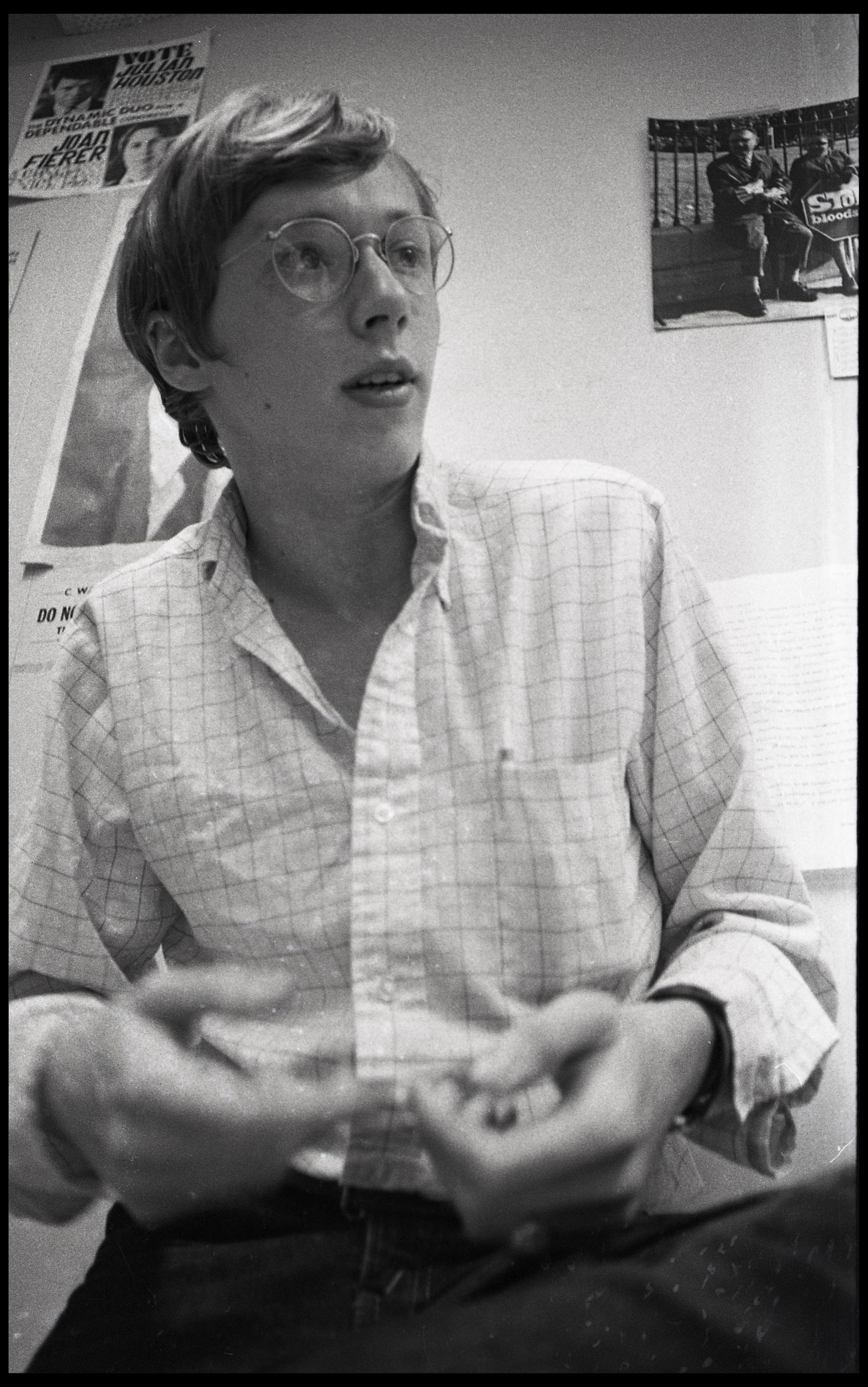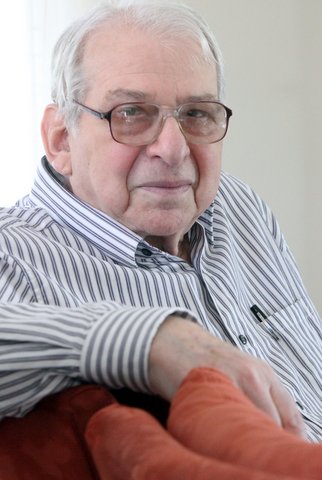Franklin County (Mass.) Futures Lab Task Force Records
For the tercentenary of the Massachusetts court system, Paul J. Liacos, Chief Justice of the the Supreme Judicial Court convened a 45-member Commission on the Future of the Courts (also called Reinventing Justice) to examine the court’s role and responsibilities for the next century. The commission was charged both with creating a new vision for justice and for proposing a way for the system to move toward that vision. Responding to this initiative, Franklin County attorney Diane H. Esser and Thomas T. Merrigan, the First Justice of the Orange District Court, established a Franklin County Futures Lab Task Force Proposal to focus on the specific needs in Franklin County. Approved in December 1993 with Esser and Merrigan as chairs, the Task Force worked intensively with community partners, issuing a dozen recommendations on topics ranging from court house facilities to juvenile justice, substance abuse, Appropriate Dispute Resolution, and child care services. Although not all of the recommendations were implemented, the success of their model for court and community collaboration resulted in the creation on a ongoing position of Community Relations Coordinator in 1998. The project continues to evolve to meet community needs, but has continued to reflect the restorative justice values and principles engaged from the beginning.
The records of the Reinventing Justice initiative in Franklin County reflect an intensive, two-decade long effort to facilitate engagement between the courts and the community in western Massachusetts and build a vision for courts in the coming century. In addition to planning, administrative, and grant-seeking records, the collection includes significant documentation of process of engaging community members, and materials relating to their recommendations in restorative justice, substance abuse projects, facilities, and victim-offender mediation.




